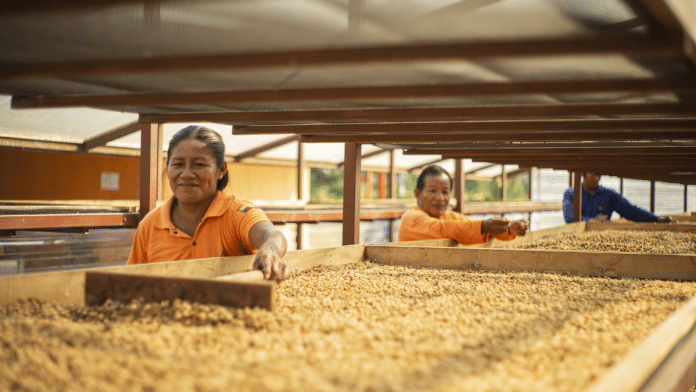New Delhi: As the world celebrates International Coffee Day, Ecuador is showcasing its new initiative that promises to protect forests and promote sustainable agriculture.
The “Deforestation-free coffee” certification will guarantee consumers that no forest land has been cleared or degraded in order to produce coffee. This new certification is part of the UN Development Programme’s (UNDP) efforts to promote sustainable agriculture practices and strengthen local communities.
The Ecuadorian coffee that is certified under this program is grown using sustainable practices, which aim to protect vital ecosystems while boosting local agricultural productivity. This collaboration between the public and private sectors is a powerful example of how nature-based solutions can create long-term economic opportunities for local communities.
Michelle Muschett, Assistant Secretary-General and Regional Director of the United Nations Development for Latin America and the Caribbean, expressed its support for the initiative. “Ecuador’s sustainable, deforestation-free certification is not only a testament to our joint efforts in combating climate change and conserving vital forest ecosystems, but it also highlights how innovative, nature-based solutions can create long-term economic opportunities for local communities,” she said.
The program supports over 70,000 local coffee producers, including 40% who are women. Improved infrastructure across 18 gathering centers will help these producers achieve better outcomes. The project is also part of the broader PROAmazonía Program, which is supported by Ecuador’s Ministry of Environment, Water, and Ecological Transition and the Ministry of Agriculture and Livestock.
Ines Manzano, Minister of the Environment, Water and Ecological Transition of Ecuador, highlighted the broader impact of the project. “Our work with UNDP and the Lavazza Foundation demonstrates Ecuador’s leadership in sustainable agriculture. This project not only protects our forests, but also supports the livelihoods of Amazonian families through the improvement of coffee production practices.”
The launch of deforestation-free coffee is a significant step forward in Ecuador’s efforts to promote sustainable agriculture and protect its valuable natural resources. This initiative is expected to benefit thousands of small farmers and their families, while also strengthening the country’s coffee sector and attracting new market opportunities.






